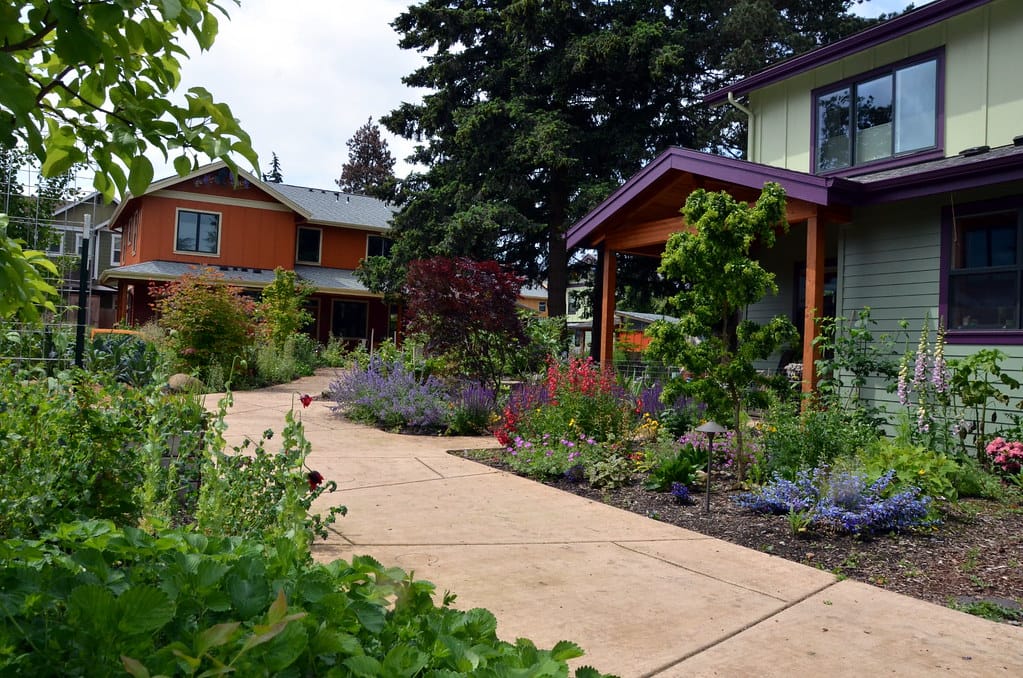🏘️ New Policy Kit: Community Land Trusts

Today, the Democracy Policy Network has published our Community Land Trusts policy kit, an open resource for legislators, advocates, journalists, and citizens to learn how states and municipalities can support the establishment and growth of community-led real estate vehicles that create permanent affordability. The kit was organized by Micah Hicks-Goo and Elias Crim, with the help of John Paraskevopoulos.
That the United States has an affordable housing crisis needs no introduction. With this kit, DPN is shining light on a helpful model that not only addresses affordability, but also empowerment: Community land trusts (or CLTs).
CLTs are a tested model that align stakeholders in pursuit of goals that matter to local communities. By holding land in trust and dedicating it for some community-determined use, CLTs can help preserve and steward local businesses, local agriculture, or affordable housing.
CLT programs have helped structure successful affordable housing efforts across the United States, but they are often underfunded relative to programs that follow a more traditional developer model. In contrast with most publicly-financed affordable housing programs (which limit their affordability term to a set time-period), CLTs can be designed to preserve permanent affordability, meaning that the public needs not continually reinvest in affordable housing development just to keep the number of affordable units stable.
CLTs are also complementary to other initiatives local leaders might be considering, such as zoning reform. While such efforts may increase the supply of housing, CLTs can put the power to steward that new supply into the hands of the local community.
Fortunately, the CLT model is already being used in 46 states and can be deployed within existing legal structures. However, policy advocacy is still needed to help normalize and spread the CLT model, as well as put it on more equal footing with the dominant private, for-profit development model.
If you are a legislator, activist, expert, or journalist looking to help promote this policy in your state, check out (and share) our kit — and please get in touch!

